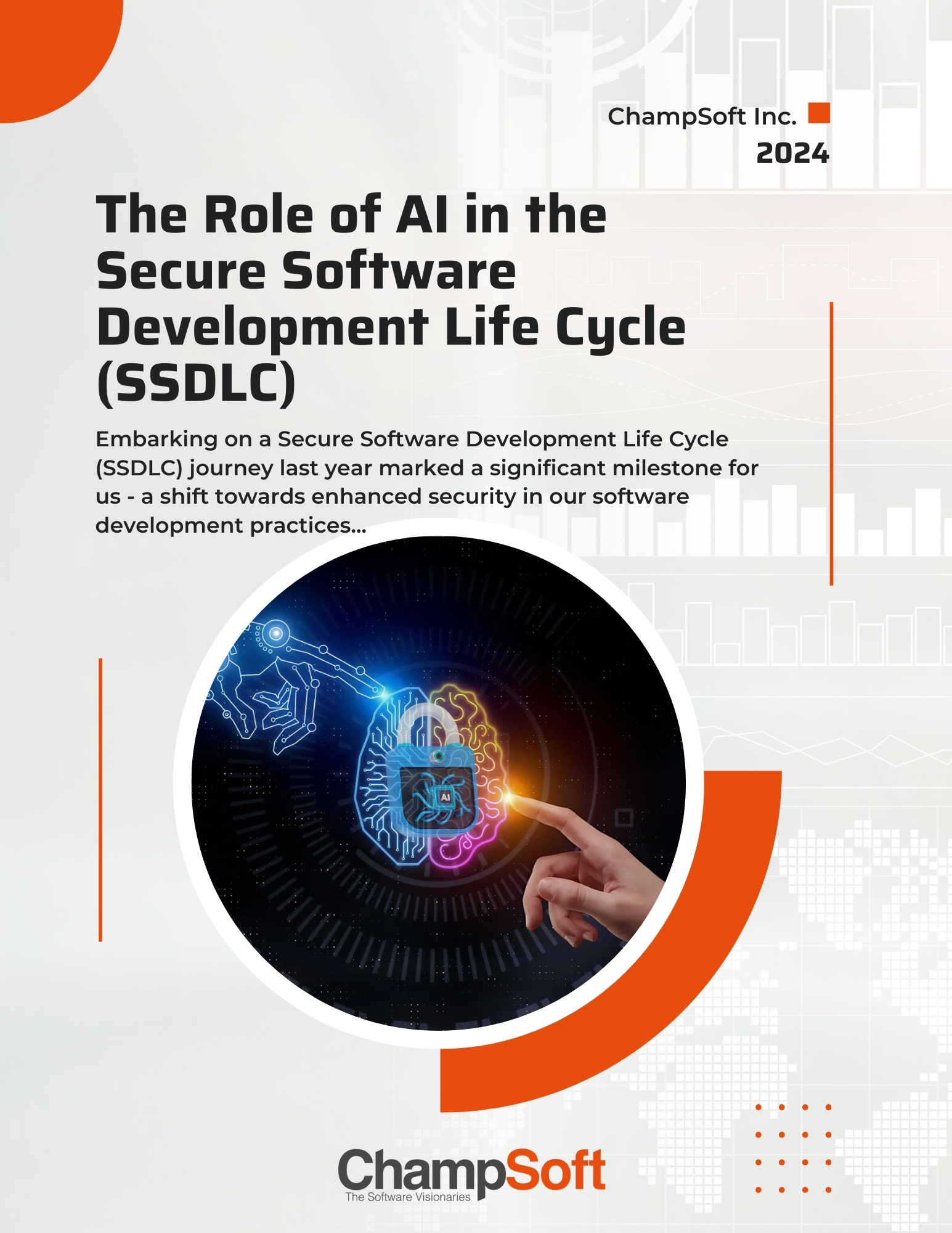InAssist – Transforming EOB and Claims Audit with Healthcare AI

Client Overview
Client: InAssist
Industry: Healthcare Claims Management and Adjudication
Founded: 1955
Client Base: Hollywood Guilds (SAG-AFTRA, WGA, DBA), Family Offices, Private Clients
Solution Overview
Business Challenge
- EOBs from insurance providers and third-party systems were received via FTP and CRM integrations and stored in a designated file system.
- Claims agents would manually review and transcribe EOB data, then visually inspect it for fraud, errors, and approval readiness—a time-consuming, error-prone process.
- The volume and variability of formats across payers made it difficult to scale or standardize workflows.
- Manual oversight limited efficiency and introduced risk, especially when handling sensitive data for high-profile clients.
Security & Compliance
- End-to-end encryption of PHI in transit and at rest
- Role-based access controls and detailed audit logs
- Multi-factor authentication and secure session management
- Regulatory documentation and business continuity safeguards
Why It Matters
About InAssist
InAssist is one of the nation’s most trusted providers of Healthcare Management Solutions, offering expert support through Personal Healthcare Advisors (PHA), deep industry analytics, and purpose-built technology. With a legacy dating back to 1955, InAssist provides claims adjudication and health insurance guidance to some of the most privacy-sensitive organizations and individuals in the U.S., including major entertainment guilds and private clients. Their solutions are rooted in a mission to simplify healthcare complexities while maintaining the highest standards of compliance, security, and personalized service.
System Architecture Overview
- Mirth Connect Integration: Deployed to monitor the FTP folder and trigger workflows upon EOB file arrival.
- Visual AI Document Recognition: Automatically reads and classifies EOBs from multiple insurance providers, clearinghouses, and TPAs.
- AI-Driven Audit Engine: Applies a sophisticated rule-based engine to assess:
- Expected payment distributions (patient vs. insurer)
- Provider charges vs. plan allowances
- Fraud and error patterns based on learned behaviors
- Checksum Validation: Independent logic double-checks totals (e.g., patient paid + insurance paid = total charges) to ensure no critical data was misread or omitted by OCR or AI.
Side-By-Side Portal
When discrepancies or red flags are found, EOBs are routed to a secure, web-based portal built by ChampSoft—Side-By-Side.
- Left Panel: Original EOB (PDF/Image)
- Right Panel: AI-reviewed, structured data with extracted values
- Highlighting Engine: Visual differences and audit concerns are automatically flagged for agent correction
- Real-Time Validation: After edits, the system performs a final checksum before the EOB is approved and released into the system
This tool empowers agents with speed, accuracy, and confidence—reducing errors while retaining human oversight where needed.
Business Impact
| Outcome | Benefit |
|---|---|
| 80%+ reduction in manual data entry | Faster turnaround and fewer clerical errors |
| Automated fraud detection using AI audit rules | Reduced risk of approval errors or overpayments |
| Improved audit transparency via Side-By-Side portal | Human-in-the-loop accuracy with visual validation |
| Scalable processing across payers and formats | Supports growing claim volume without added headcount |
| HIPAA/HITECH compliant infrastructure | Peace of mind for high-profile and privacy-sensitive clients |

Client Overview
About InAssist
InAssist is one of the nation’s most trusted providers of Healthcare Management Solutions, offering expert support through Personal Healthcare Advisors (PHA), deep industry analytics, and purpose-built technology. With a legacy dating back to 1955, InAssist provides claims adjudication and health insurance guidance to some of the most privacy-sensitive organizations and individuals in the U.S., including major entertainment guilds and private clients. Their solutions are rooted in a mission to simplify healthcare complexities while maintaining the highest standards of compliance, security, and personalized service.
System Architecture Overview
- Mirth Connect Integration: Deployed to monitor the FTP folder and trigger workflows upon EOB file arrival.
- Visual AI Document Recognition: Automatically reads and classifies EOBs from multiple insurance providers, clearinghouses, and TPAs.
- AI-Driven Audit Engine: Applies a sophisticated rule-based engine to assess:
- Expected payment distributions (patient vs. insurer)
- Provider charges vs. plan allowances
- Fraud and error patterns based on learned behaviors
- Checksum Validation: Independent logic double-checks totals (e.g., patient paid + insurance paid = total charges) to ensure no critical data was misread or omitted by OCR or AI.
Side-By-Side Portal
When discrepancies or red flags are found, EOBs are routed to a secure, web-based portal built by ChampSoft—Side-By-Side.
- Left Panel: Original EOB (PDF/Image)
- Right Panel: AI-reviewed, structured data with extracted values
- Highlighting Engine: Visual differences and audit concerns are automatically flagged for agent correction
- Real-Time Validation: After edits, the system performs a final checksum before the EOB is approved and released into the system
This tool empowers agents with speed, accuracy, and confidence—reducing errors while retaining human oversight where needed.
Business Impact
| Outcome | Benefit |
|---|---|
| 80%+ reduction in manual data entry | Faster turnaround and fewer clerical errors |
| Automated fraud detection using AI audit rules | Reduced risk of approval errors or overpayments |
| Improved audit transparency via Side-By-Side portal | Human-in-the-loop accuracy with visual validation |
| Scalable processing across payers and formats | Supports growing claim volume without added headcount |
| HIPAA/HITECH compliant infrastructure | Peace of mind for high-profile and privacy-sensitive clients |
Solution Overview
Business Challenge
- EOBs from insurance providers and third-party systems were received via FTP and CRM integrations and stored in a designated file system.
- Claims agents would manually review and transcribe EOB data, then visually inspect it for fraud, errors, and approval readiness—a time-consuming, error-prone process.
- The volume and variability of formats across payers made it difficult to scale or standardize workflows.
- Manual oversight limited efficiency and introduced risk, especially when handling sensitive data for high-profile clients.
Security & Compliance
- End-to-end encryption of PHI in transit and at rest
- Role-based access controls and detailed audit logs
- Multi-factor authentication and secure session management
- Regulatory documentation and business continuity safeguards

